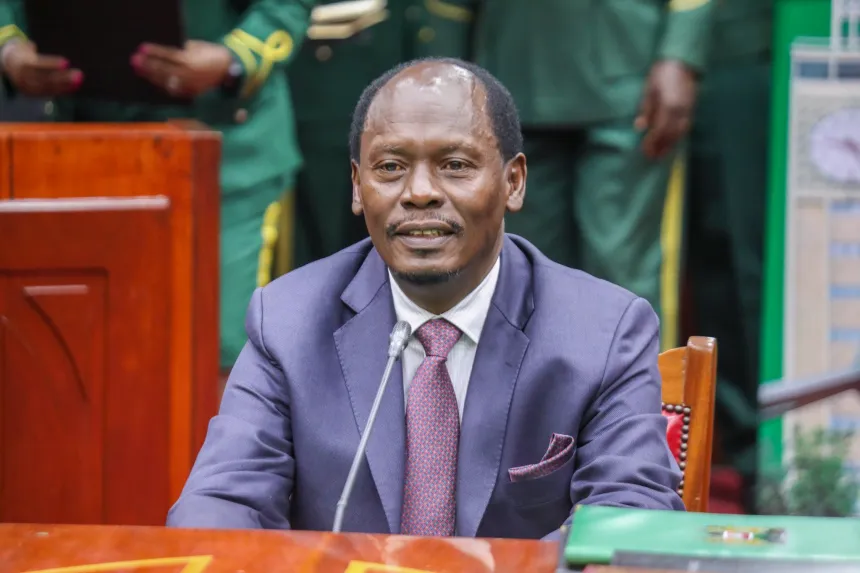In a bold defense of his appointment, Cabinet Secretary for ICT and the Digital Economy, William Kabogo, has argued that expertise in tech jargon isn’t a prerequisite for steering Kenya’s digital transformation.
Speaking to Capital FM on Wednesday, May 21, Kabogo emphasized that what the ministry needs is leadership, not just technical know-how.
“Running a hospital doesn’t mean you have to be a surgeon,” he remarked, likening the ICT docket to any leadership position where strategy and execution trump technicality. “If you keep up with the times, you keep up with ICT.”
Kabogo, a seasoned politician with past roles as Kiambu Governor and Juja MP, attributed his Cabinet entry to his track record in leadership, not ICT credentials. “What brought me here was my experience,” he stated confidently.
Nevertheless, Kabogo did not sugarcoat the challenges he encountered. On entering office, he discovered what he described as a demoralised and sluggish workforce. Basic operational issues like agencies being unable to account for their staff highlighted inefficiencies. “I ordered a biometric system six weeks ago. It was finally done yesterday,” he said, citing delayed compliance.
Kabogo believes his energy and firmness are reviving momentum in the Ministry. “I visit offices, I ask questions. I cause things to move.”
One of his proudest strides so far, Kabogo says, is the Ministry’s shift to a completely paperless system as of April 7, 2025. He aims to be the first CS to deliver a fully digitised government, though he admits the journey faces internal resistance due to entrenched legacy systems.
Looking ahead, Kabogo revealed plans for a national public portal, a digital town hall where Kenyans can engage with ministers directly. “We want ministers to spend two hours talking to the public,” he explained, pointing to the value of transparency and dialogue.
Reflecting on recent online ridicule questioning his tech-savviness, Kabogo remained unfazed. “They threw memes at me, but that’s expression and we must allow it,” he said, embracing public critique as part of an evolving, digital democracy.












